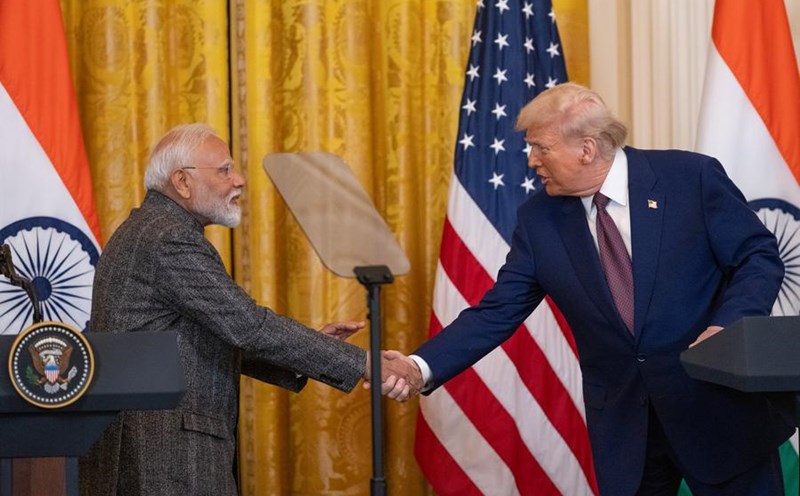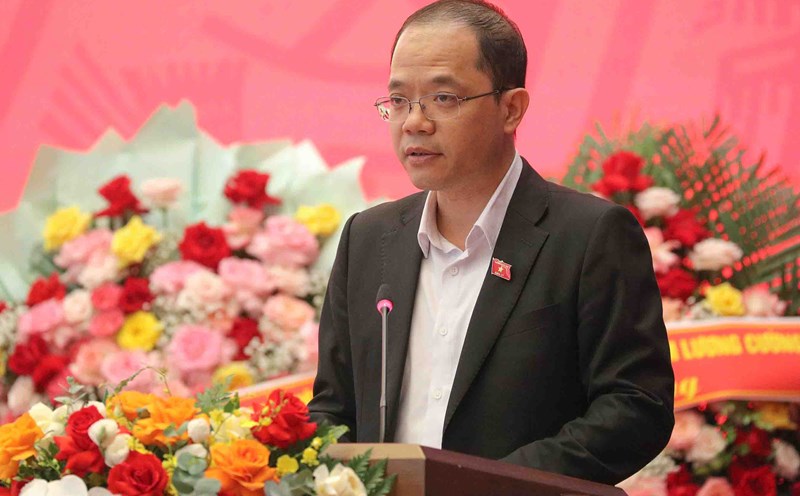In recent years, the thematic supervision activities of the National Assembly and the National Assembly Standing Committee have achieved many important results, increasingly improving quality and efficiency, and being highly appreciated by voters and people.
Vice Chairman of the Committee for Culture and Society Dinh Cong Sy said that the way of conducting supervision has been improved towards more professionalism.
Accordingly, innovation in thinking and selection of monitoring content, focusing on "hot" and urgent issues are of interest to many voters;...
Along with that, the Supervisory Teams have the coordination and participation of agencies such as the State Audit, the Central Committee of the Vietnam Fatherland Front, a number of relevant ministries, branches and experts.
In particular, according to the Vice Chairman of the Committee for Culture and Society, the Supervisory Delegation used the conclusions of inspections, checks, and audits in the supervision process.
The Head of the Supervisory Delegation decides to select agencies and localities to organize direct supervision and select National Assembly Delegations of provinces and cities to preside over and organize supervision.
However, Vice Chairman of the Committee on Culture and Society Dinh Cong Sy also pointed out that in the process of conducting thematic supervision of the National Assembly Standing Committee, there are still some limitations and shortcomings that need to be overcome.
Through the practical thematic supervision activities of the National Assembly Standing Committee, Mr. Dinh Cong Sy presented 6 lessons.
Firstly, ensure the leadership of the Party in supervision activities; regular direction of the National Assembly Standing Committee, National Assembly Chairman, Head of the Supervisory Delegation for the activities of the Delegation.
Second, the legal system on supervision needs to continue to be improved; both ensuring that supervision activities are conducted objectively, transparently, professionally, and ensuring full and clarity on processes, procedures, authority, and responsibilities of relevant parties.
Third, recommendations and proposals after supervision need to be carefully and promptly studied, especially recommendations related to perfecting policies and laws need to be carefully considered to be submitted to the National Assembly and the National Assembly Standing Committee for consideration and decision.
Fourth, effectively using inspection and auditing results in supervision activities. Proposals on law enforcement organizations need to ensure feasibility, clearly define responsibilities, and personalize responsibilities. Strengthen supervision of the implementation of resolutions, conclusions, and supervision recommendations.
Fifth, it is necessary to strengthen decentralization to the National Assembly's specialized supervision agencies for the areas in charge. Organizing thematic supervision of the National Assembly and the National Assembly Standing Committee when there are practical issues is very pressing and under the responsibility of 2 or more National Assembly Committees.
Finally, conditions are ensured for monitoring and promoting the role of media agencies; applying digital technology in monitoring activities.
Meanwhile, Prof. Dr. Phan Trung Ly - former Chairman of the National Assembly's Law Committee - recommended that it is necessary to perfect the mechanism for assigning coordination and controlling power between National Assembly agencies, the Government, and agencies exercising legislative, executive, judicial and functional powers to be clear in order to ensure proper supervision is focused and effective.
At the same time, it is necessary to clearly define the scope and purpose of National Assembly supervision; it is necessary to clarify the role of institutions in development, clarify the current bottlenecks that need to be resolved.
In particular, it is necessary to remove bottlenecks in the authority of the legislative body and regulations; determine the space of the legislative body, the space of the regulations; the responsibility of the National Assembly and the Government.











